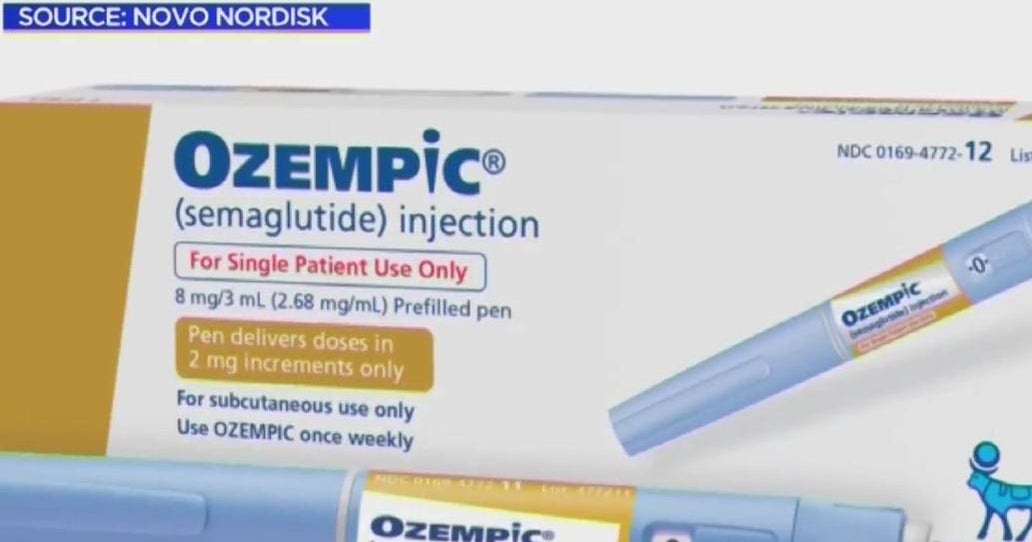For those who thought Ozempic would spell the end of diet programs, think again.
WeightWatchers this week launched WeightWatchers GLP-1, a subscription program focused on the health and nutrition needs of patients using Ozempic and Wegovy, two brands of semaglutide, a diabetes drug that has exploded in popularity for its effectiveness in helping people lose weight.
With its new membership offering, the 60-year-old diet company is hoping to stay relevant in a rapidly changing industry. Widespread use of Ozempic and Wegovy has upended the diet industry and even changed consumer eating habits. An estimated 24 million people, or 7% of the U.S. population, could be using the drugs by 2035, according to a report by Morgan Stanley Research.
“The WeightWatchers GLP-1 Program helps members establish and adhere to healthy habits while the food noise from GLP-1 medications is reduced,” Gary Foster, chief scientific officer at WeightWatchers, said in a statement announcing the program.
GLP-1 refers to a gut hormone that is key to how semaglutide works with the brain to suppress appetite. While Ozempic and Wegovy are both brandname equivalents of semaglutide, only Wegovy is approved by the Food and Drug Administration for chronic weight management. Yet off-label use of Ozempic is common among those who lack insurance coverage for Wegovy.
“A large portion of people do not have insurance coverage for weight-management medications, but they might for Ozempic,” said Kimberly Gudzune, M.D., in an article on WeightWatchers’ website.
The program, developed by a team of scientists, dietitians, fitness experts and others specializing in obesity, is designed to help members use the new anti-obesity medications, which can lead to rapid changes in weight. Offerings include daily nutrition and activity targets, including weight training to help subscribers maintain muscle mass as they shed pounds.
“What we’ve seen is that people taking GLP-1 medications need help with a different set of behavioral challenges in comparison to people not on these medications,” Foster said. “In the context of a reduced appetite, large weight losses, and a significant loss in muscle, it is important to help people focus on dietary protein and activity to minimize the loss of muscle mass.”












